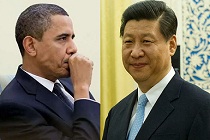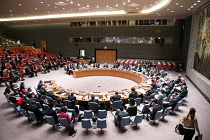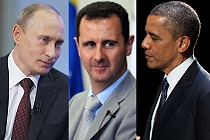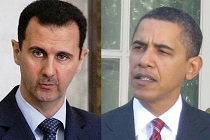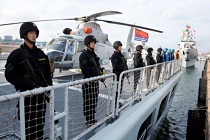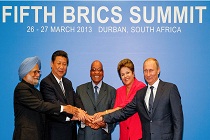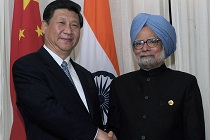‘Ukraine may split into two countries’
Neelam Deo, Director, Gateway House, talks about the ongoing crisis in Ukraine and its possible outcomes. In this interview, she also discusses the issues at stake for Russia and the West, the credibility of assertions made by both sides, the EU’s interests in the region, and how India should respond




